China's first national museum dedicated to scientists will open its doors in Beijing on Thursday, which is National Science and Technology Workers' Day.
The China Scientists Museum aims to showcase the achievements of Chinese scientists and promote the spirit of scientific exploration.
One of the museum's six opening exhibitions is Return — Exhibition of US-educated Scientists Returning to China in the 1950s, which tells the stories of prominent scientists who returned to China from the United States after the founding of the People's Republic of China.
Driven by patriotism, they played a crucial role in the development of China's science and technology sectors.
The exhibition features 17 US-educated scientists, including missile control expert Liang Sili, aerospace pioneer Qian Xuesen, nuclear physicist Deng Jiaxian and microbiologist and molecular geneticist Shen Shanjiong.
In 1949, Liang ignored an offer by US defense contractors and returned to China. When asked how he viewed a classmate who stayed in the US after graduation, he said, "The missiles he worked on were aimed at China, while the missiles I worked on were to defend our homeland."
The museum also features exhibitions of senior scientists' academic materials, a commemoration of the centenary of Deng's birth, an exploration of Qian's motivations, a look at engineering culture through industrial heritage and a special display marking the 20th anniversary of the publication of Flora of China.
"Many aspects of our life were created by the older generation of scientists. We live in a peaceful era, and we did not experience the history, so we need to understand their stories through exhibitions and revisit history," said Wang Fei, a guide for the exhibition on Qian from the Qian Xuesen Library at Shanghai Jiao Tong University.
Through repeatedly narrating the stories of the older generation of scientists, Wang said she felt fortunate to live in such an era and emphasized the importance of introducing the spirit of scientists to the public through exhibitions, especially hoping to sow a seed of patriotism in the hearts of children.
"They don't necessarily have to become great scientists, but the spirit of scientists can help them grow better," she said.
"People who love their country can go further. The most important spirit that the older generation of scientists has brought to us is that in doing anything, we must never forget our original intentions and we must have unwavering beliefs, so that when faced with difficulties, we can persevere for our beliefs and achieve our original intentions."
The China Scientists Museum will draw on a rich collection of materials. Over the past 15 years, a collaborative project has collected academic materials from 674 scientists, resulting in a vast archive for future generations.









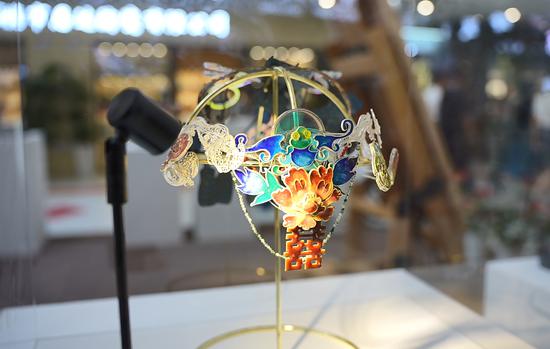
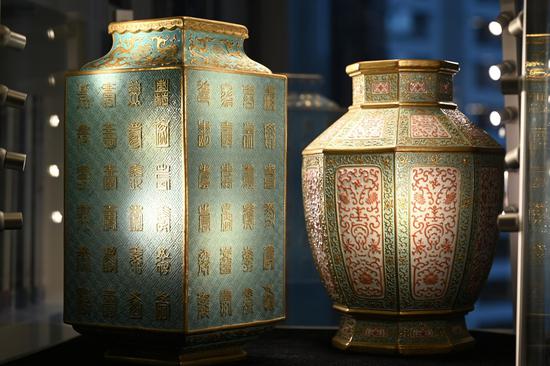
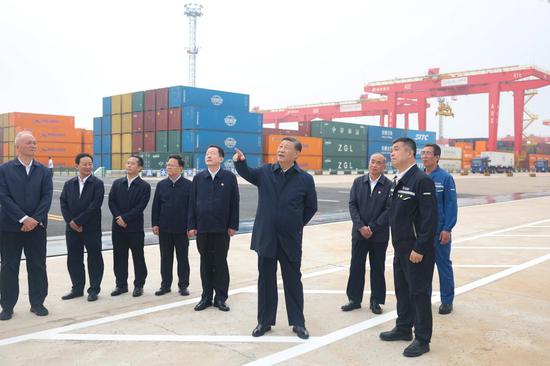
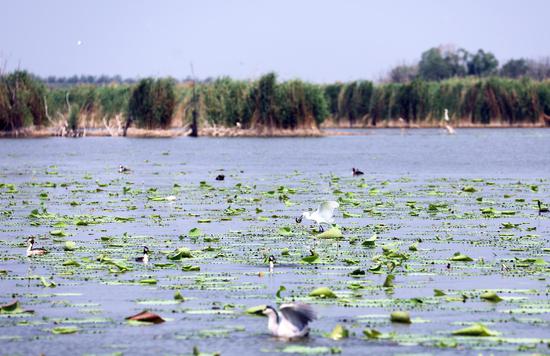
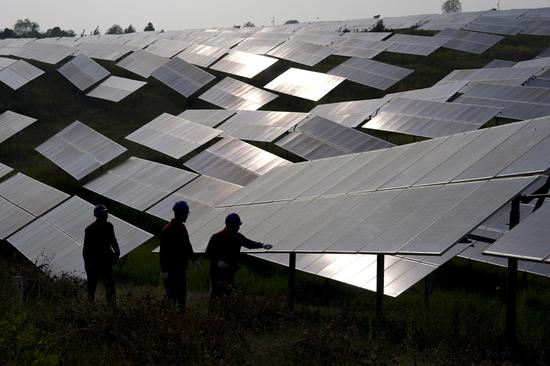
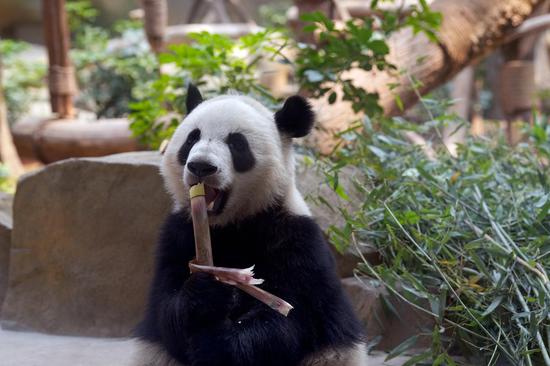

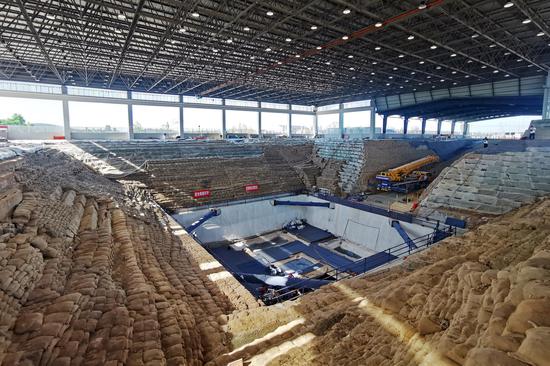

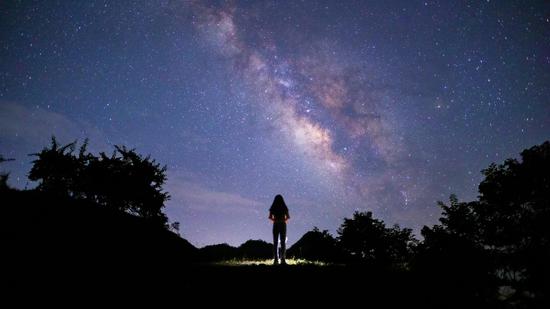
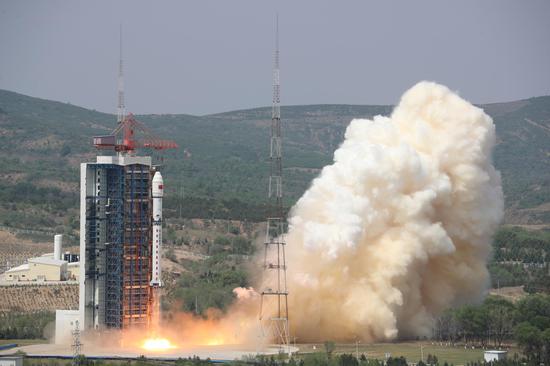


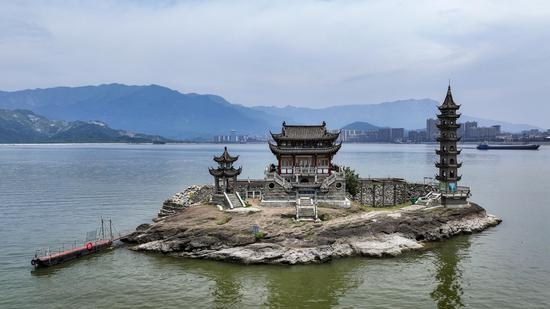




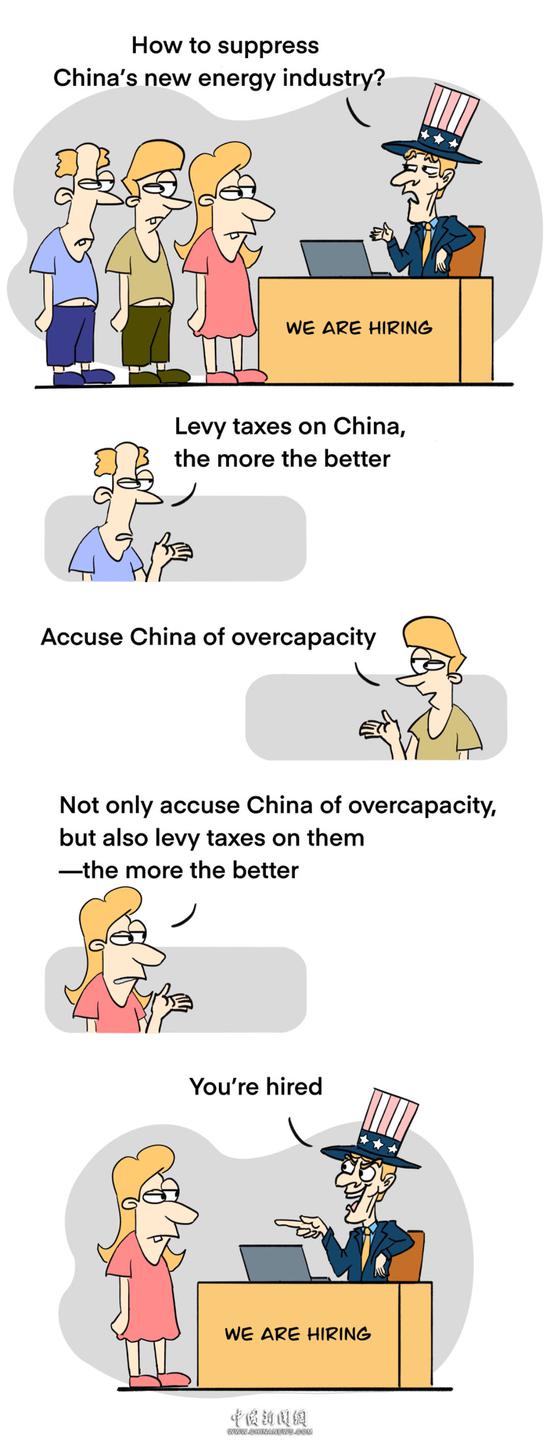
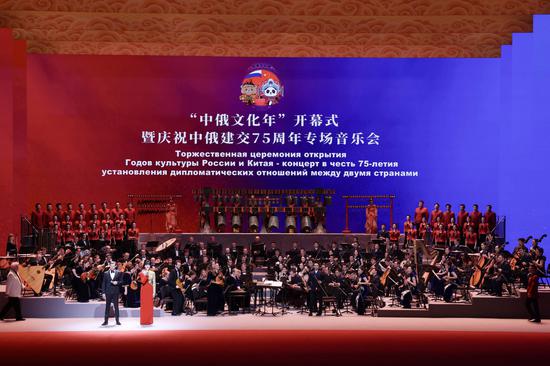
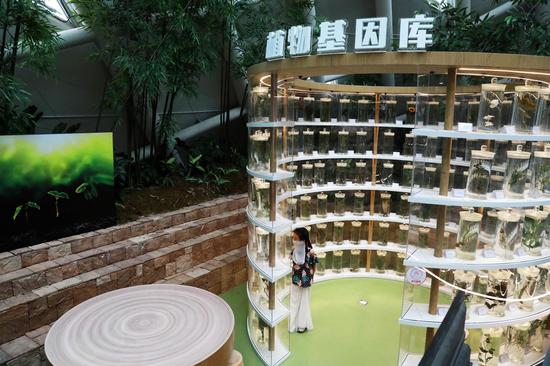
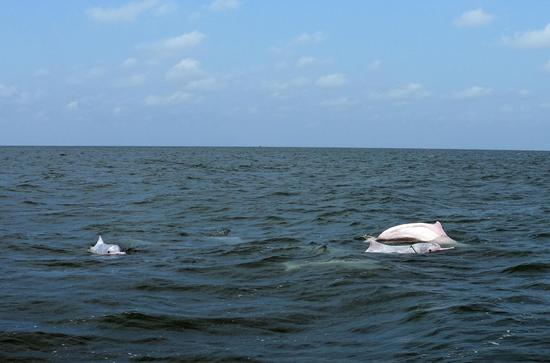
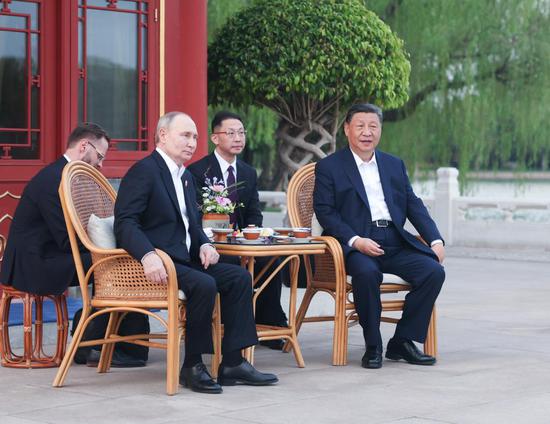
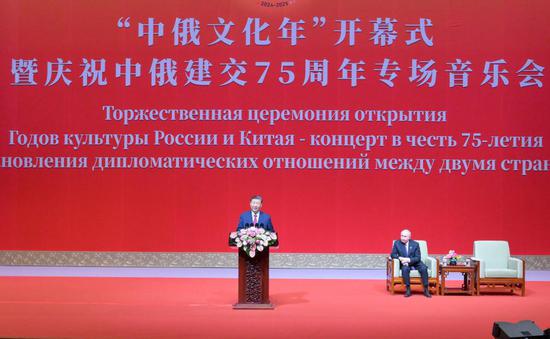

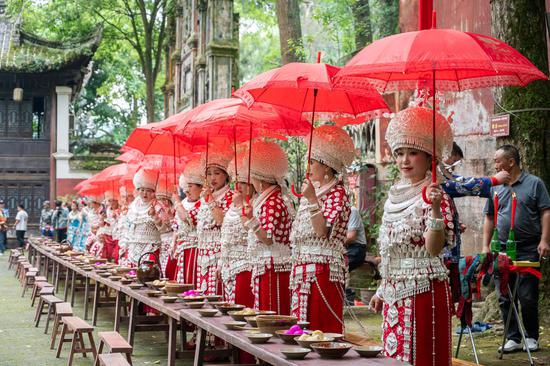



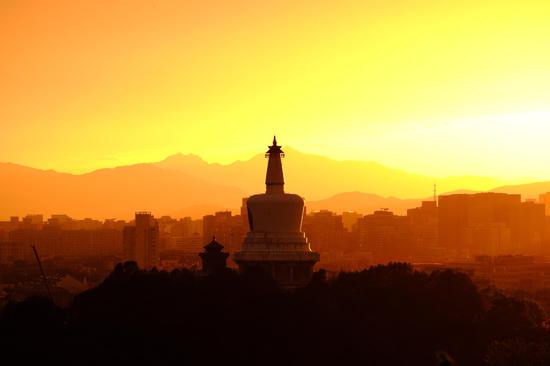

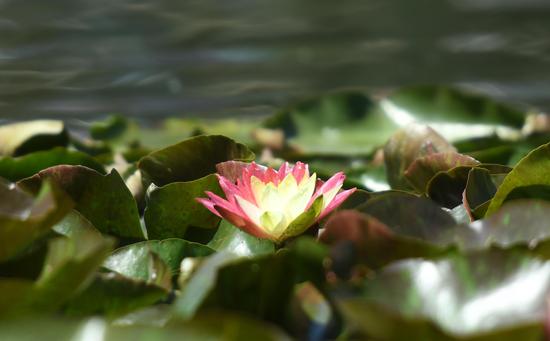



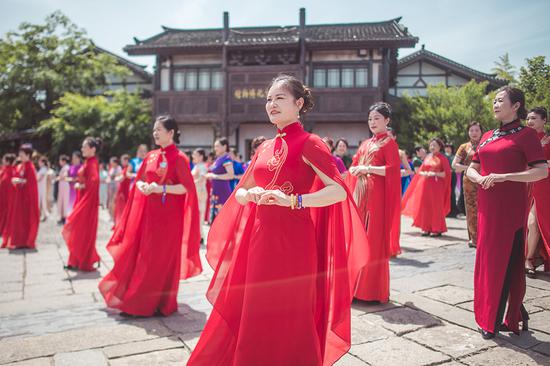





 京公网安备 11010202009201号
京公网安备 11010202009201号